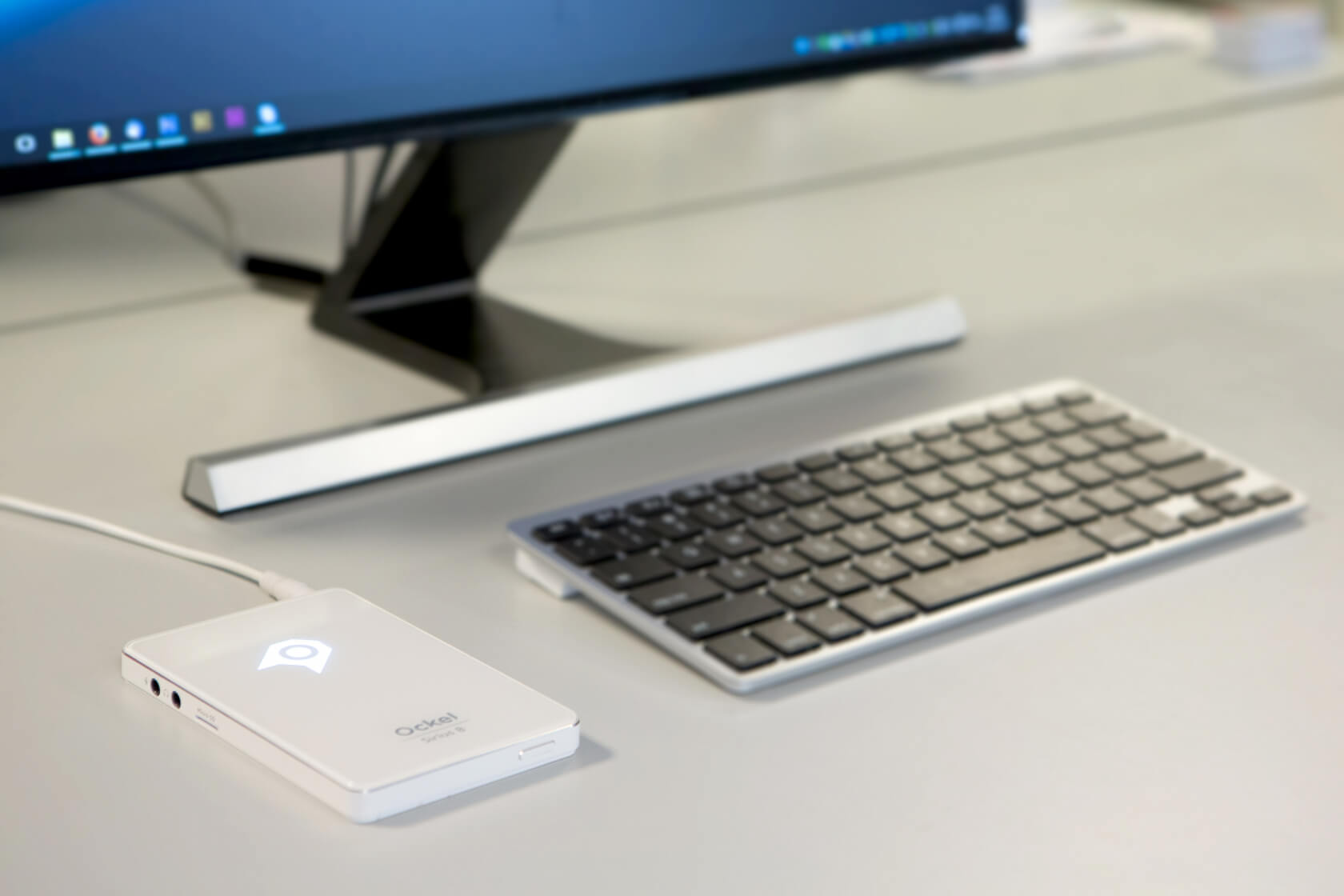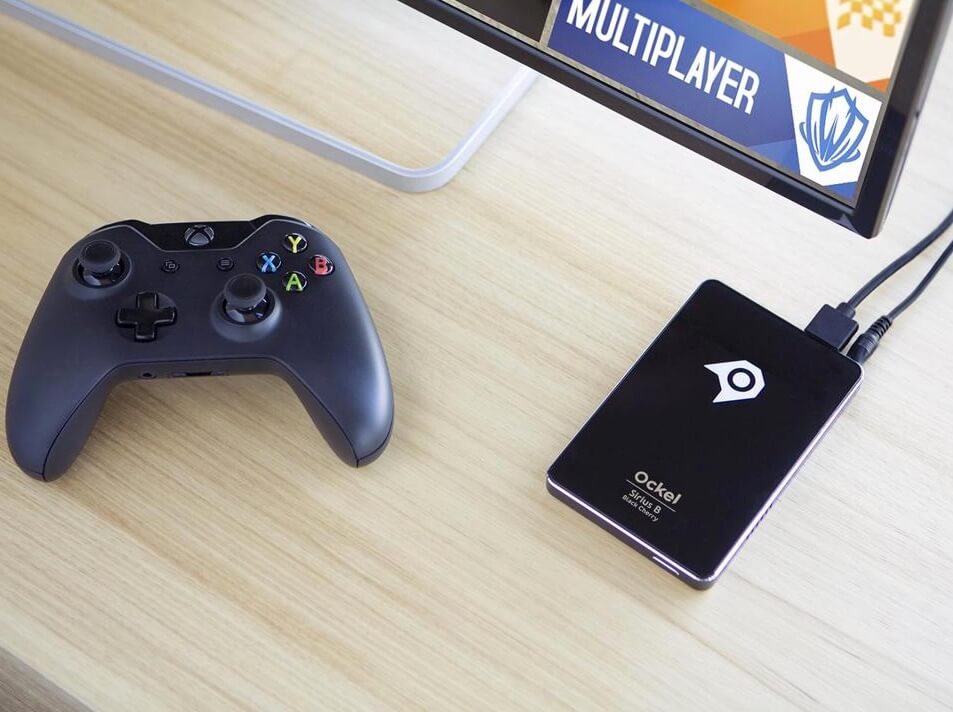
The Ockel Sirius B Windows 10 Pocket PC is incredibly small, consumes little power, can run full Windows apps and looks great. Close to the size of an iPhone, this ultra-mobile PC has the potential to replace your desktop.
Featuring an Intel processor, 2GB of RAM, and built-in Wi-Fi and Bluetooth, the Ockel Sirius B Windows 10 Pocket PC lets you compute without tethering you to a bulky desk. Simply plug into a power outlet and an HDMI port, and you're ready to browse files and open applications with the built-in 32GB flash storage (64GB version also available).
The Ockel Sirius B also boasts two USB 2.0 ports, an HDMI port, a microSD card slot, and an aux in/out port, allowing you to connect to almost any device. Originally a Indiegogo startup, positive reviews on Amazon UK and Newegg back this up as a quality device if you understand there are some processing power limitations given the obvious size constraint.

Offered at a discount for a limited time, the Ockel Sirius B Windows 10 Pocket PC is on sale for $189, but if you're looking for more mobile processing power, you can get the Black Cherry version, boosts RAM to 4GB for $299.
If you need even more storage, you can also upgrade to the Ockel Sirius B Black Cherry 64GB for $349.
https://www.techspot.com/news/70440-iphone-sized-pc-you-compute-move.html